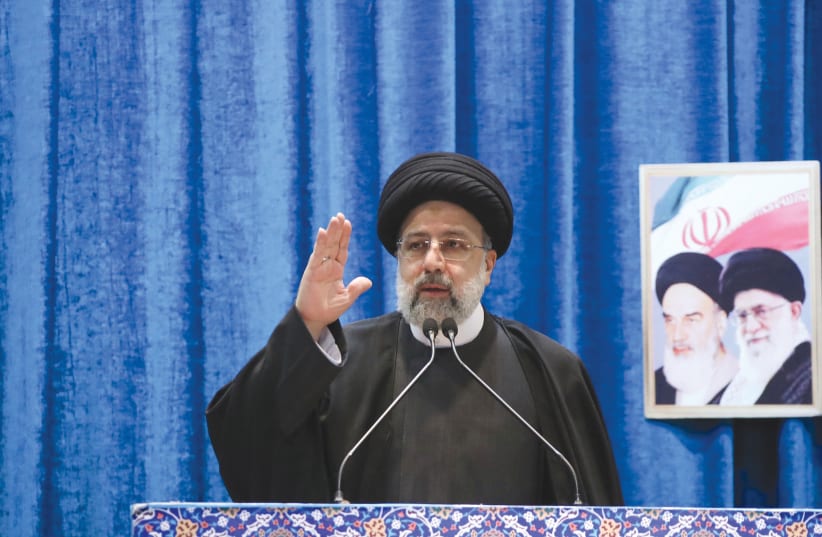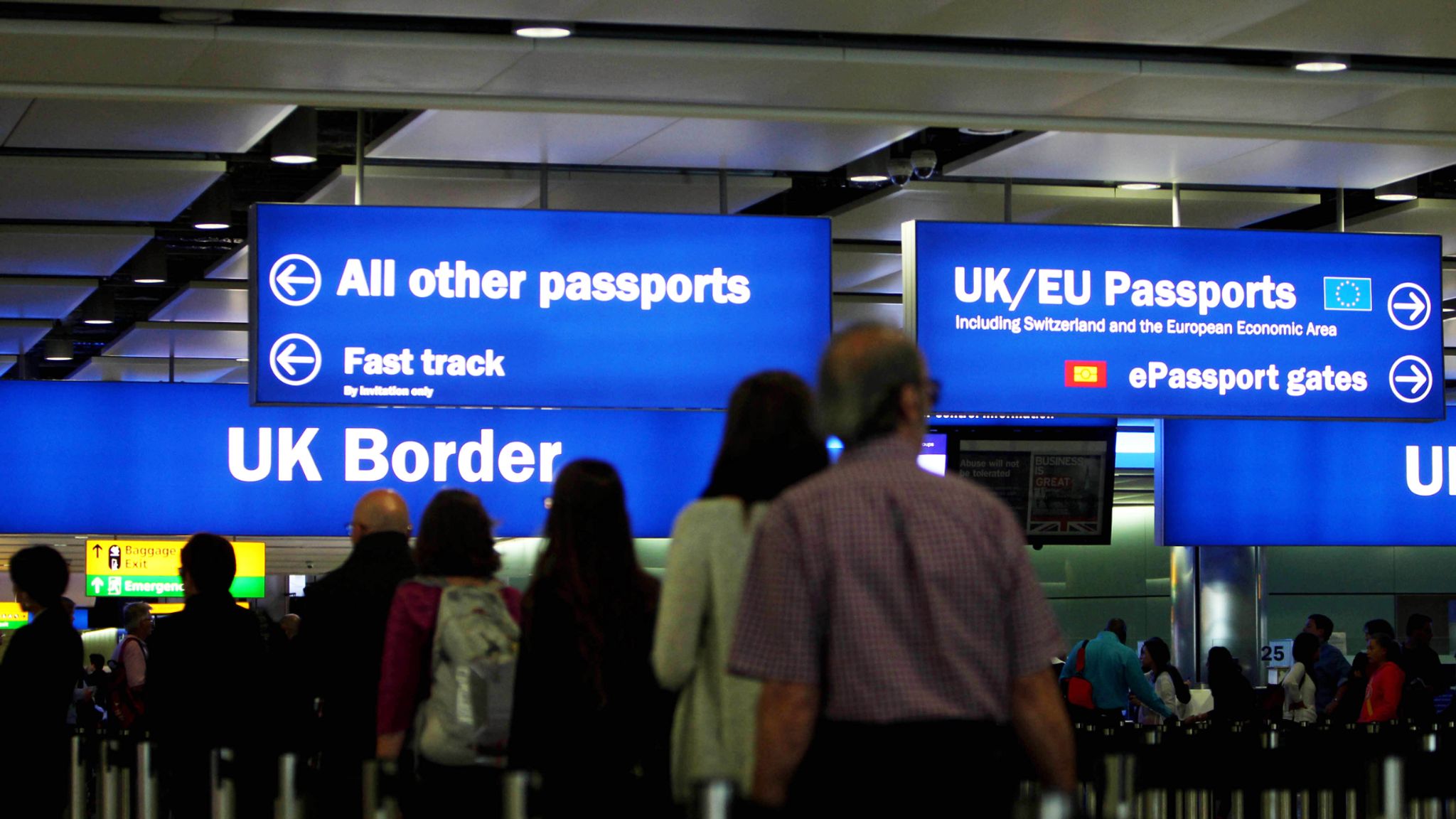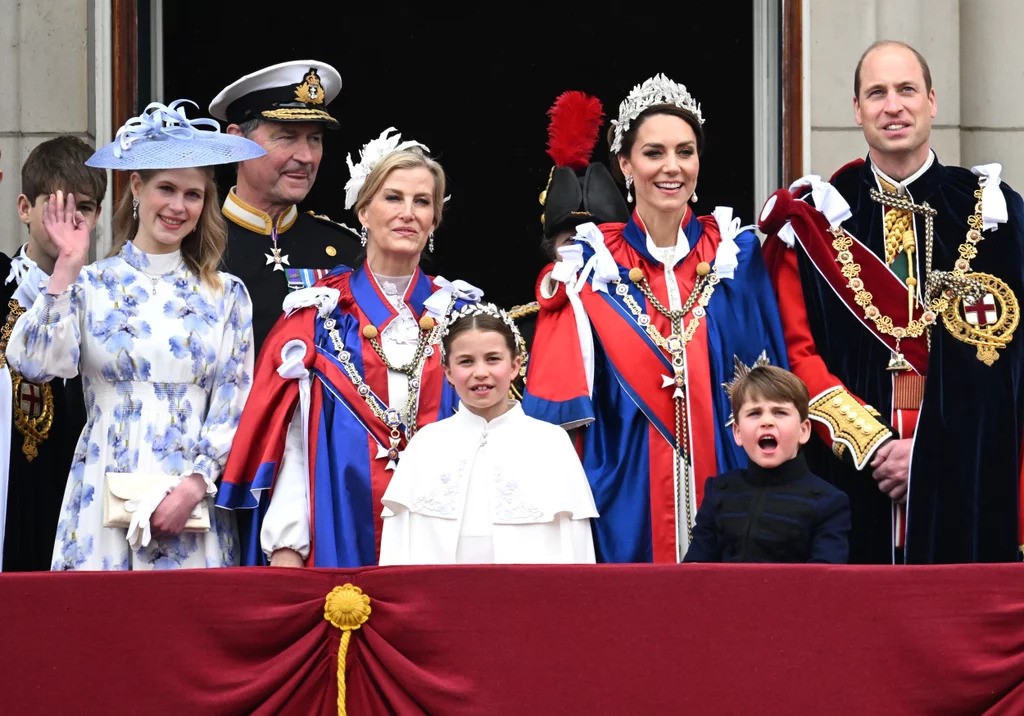FINANCE minister Patrick Chinamasa has urged Britain to give development assistance directly to the government as relations between Harare and London continue to improve.
Chinamasa was speaking in mid-week while hosting the visiting British secretary for international development, Mark Lowcock.
“Currently, UK is a quiet a contributor to our development assistance but it is doing so indirectly through funds which are run and managed by African Development Bank and also by the World Bank.
“In our discussions, I have appealed to him that we have a direct engagement in the same manner that the European Union has been able to do,” said Chinamasa.
He added: “The British business people continue to sit on the fence and my observation is that it is because of that political standoff between the UK government and Zimbabwe.
“We need to normalise and clear hurdles so that we normalise our relations.”
Britain has the largest bilateral aid programmes in Zimbabwe (some $112 million between last and this year) but has not provided the funding direct to government over concerns the money would be diverted from the ordinary poor.
Relations between Zimbabwe and its former colonial master broke down in 2000 over allegations of human rights violations and electoral theft against President Robert Mugabe and his Zanu PF party.
Mugabe denies the charges and contends that the UK’s stance is motivated by his seizure of white owned farms which he redistributed to landless black at the turn of the millennium.
In recent times, however, ties between the two countries have thawed along with those between the country and the European Union.
Brussels has resumed direct aid to Harare after lifting restrictive measures on senior government officials and state-owned companies.
Only Mugabe and his wife Grace remain under travel restrictions.
Chinamasa also pleaded with Britain to intervene on Zimbabwe’s debt with multilateral institutions.
Harare owes International Monetary Fund and World Bank $124 million and $1 billion.
Said the minister: “In particular, we actually asked him (Lowcock) to go and think about whether (UK) can act as champion to spearhead the resolution of the clearance of arrears especially with multilateral institutions.”-The Source






